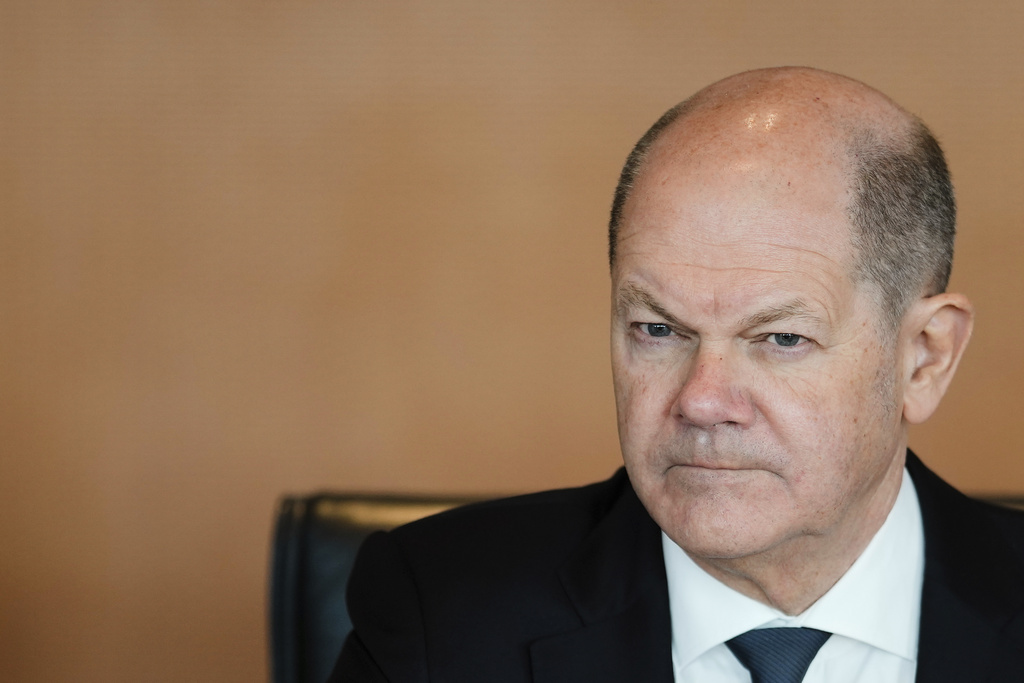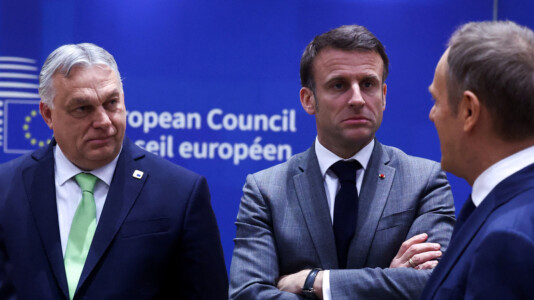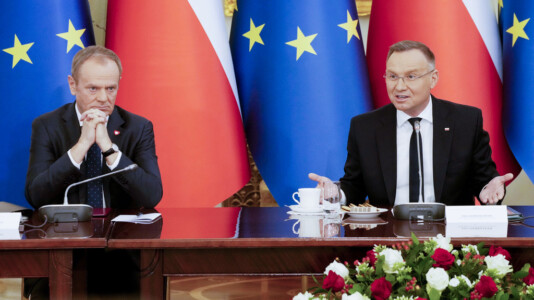German Chancellor Olaf Scholz issued a warning to Moscow, saying that Germany will continue to stand up to Vladimir Putin. The Berlin leader told MPs in a statement that Germany “will not accept the peace dictated by Putin at the expense of Ukraine.”
Chancellor Olaf Scholz told the lower house of parliament on Wednesday, March 20, 2024, that Russian President Vladimir Putin was mistaken if he thought Germany would stop supporting Ukraine. Scholz’s speech in the Bundestag preceded an EU summit in Brussels to focus on support for Ukraine, the situation in Gaza, and EU enlargement.
Scholz said Germany was determined to help Ukraine defend itself against Russia’s ambitions.
“If the Russian president thinks that he only needs to deviate from this war, and we will weaken in our support, then he has miscalculated,” the center-left Social Democrat politician said.
“We will not accept a peace dictated at the expense of Ukraine,” said Scholz, who stated that the country’s borders should not be moved by force.
“Law is stronger than violence,” he said, adding that Putin wanted to change that by attacking Ukraine in violation of international law. “We won’t let him get away with this.”
In addition, the German leader said, “Russia is not strong,” claiming Russia “manipulated” its election and put pressure on the opposition, which are signs of weakness, according to Scholz.
Scholz’s government has waged a large-scale campaign against the Alternative for Germany (AfD) party, using state-funded NGOs and public media. Furthermore, members of his party and other prominent politicians are calling for a complete ban against the opposition AfD. The state spy agency, the Office for the Protection of the Constitution (BfV) actively monitors many AfD members’ electronic messages and phone calls without a warrant, since they are designated in certain states as a “definite case” of right-wing extremism.
Scholz is actively defending himself from internal criticism, with pro-war parties like the Christian Democrats, Free Democrats (FDP) and others calling for him to send Ukraine long-range Taurua missiles. Some of Scholz’s strong rhetoric towards Russia may be directed at appeasing some of these critics.
Scholz made the remarks after holding talks on Ukraine with Poland’s Donald Tusk, and French President Emmanuel Macron, with the German chancellor calling the Taurus missile debate “ridiculous”.
In his statements, Scholz criticized the debate in Germany over the potential delivery of Taurus cruise missiles to Ukraine, which the chancellor opposes.
Scholz argued that Taurus deliveries could trigger a further escalation with Russia and draw Germany directly into the conflict. He said Ukraine could use the missiles to strike deep into Russian territory, and that Ukrainian forces would need guidance from German personnel to use them.
Scholz also called for “a timely ‘durable ceasefire'” in the Gaza Strip, including the release of hostages held by Hamas and other Islamist militants. “More humanitarian aid needs to reach the Gaza Strip,” Scholz said, adding that this should also be done with the help of Arab states. “I don’t want to raise false hopes here, but I have the impression that it (a ceasefire agreement) is more realistic now than it has been for a long time,” he said.





